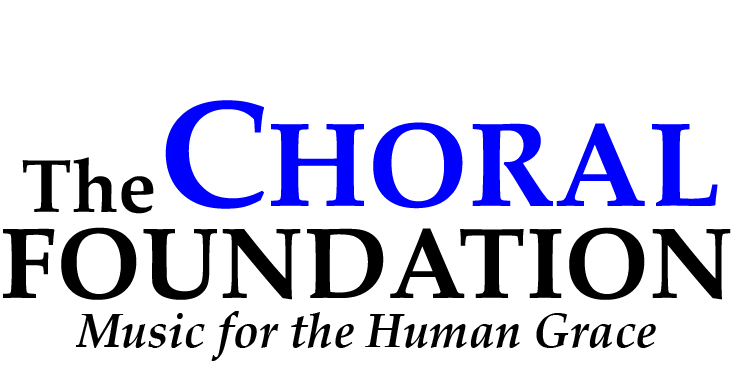When cold and flu season hits, singers often reach for tea and honey. It feels soothing, but is there science behind the sweetness? Recent studies say yes…with some important caveats.
1. Not All Honeys Are Equal
In a clinical trial, Paul et al. (2007) compared buckwheat honey to dextromethorphan (a common cough suppressant) and to no treatment at all. The honey group coughed less, slept better, and reported greater comfort. Researchers chose buckwheat because darker honeys contain higher levels of antioxidants and polyphenols, compounds that reduce inflammation and fight infection.
A later review by Odowole et al. (2018) confirmed that dark varieties, such as buckwheat, eucalyptus, and multifloral honeys, outperform lighter varieties. Their higher phenolic content provides more substantial antimicrobial and anti-inflammatory effects, both of which are valuable when irritated vocal folds need to heal.
2. Why It Helps
Honey coats and calms. Its demulcent properties line the throat and reduce the urge to cough. Antioxidants and mild antimicrobial agents help the mucosa recover from viral or environmental irritation. For singers, this means fewer coughing fits, less throat clearing, and a gentler environment for healing tissues.
3. How to Use It Wisely
• Take 1–2 teaspoons (5–10 mL) of dark, raw honey in warm—not hot—water or tea to avoid destroying its active compounds.
• Combine honey with good hydration, rest, and humidified air for best results.
• Use it as comfort care, not a cure.
It soothes symptoms but doesn’t replace medical evaluation for persistent hoarseness or infection.
4. When to See a Doctor
Singers should seek medical advice when:
• Hoarseness lasts for more than two to three weeks.
• The voice suddenly cuts out, or the singer experiences pain, tightness, or vocal fatigue.
• Pitch range narrows or recovery takes longer than usual after use.
• Cough, reflux, or throat clearing persists despite rest and hydration.
• There is blood in mucus or difficulty swallowing or breathing.
Early evaluation by a laryngologist or voice-specialized speech-language pathologist can prevent minor inflammation from becoming a chronic injury.
5. When to Avoid Honey
• Infants under 12 months: risk of Clostridium botulinum spores (infant botulism).
• People with diabetes: monitor sugar intake.
• Those with pollen allergies: raw or unfiltered honey may trigger reactions.
• Frequent use: sticky sugars can promote tooth decay when combined with poor oral hygiene.
Bottom Line
Honey can be a singer’s seasonal ally, especially darker, antioxidant-rich types like buckwheat or eucalyptus. It soothes irritated tissues and eases cough without drying the voice. Use it as gentle support, not as a substitute for medical care, and let your voice heal with rest, hydration, and professional guidance when needed.
Institute for Healthy Singing & Voice Research
Jamea J. Sale, PhD
Director, Institute for Healthy Singing & Voice Research
Sing for a Lifetime
JSale@HealthySinging.org
________________________________________
References:
Odowole, E. O., Abiona, T. C., & Bello, M. A. (2018). Honey as a therapeutic agent for upper respiratory tract infections: A systematic review. International Journal of Clinical Practice, 72(12), e13230. https://doi.org/10.1111/ijcp.13230
Paul, I. M., Beiler, J., McMonagle, A., Shaffer, M. L., & Yoder, K. (2007). Effect of honey, dextromethorphan, and no treatment on nocturnal cough and sleep quality. Archives of Pediatrics & Adolescent Medicine, 161(12), 1140–1146. https://doi.org/10.1001/archpedi.161.12.1140

